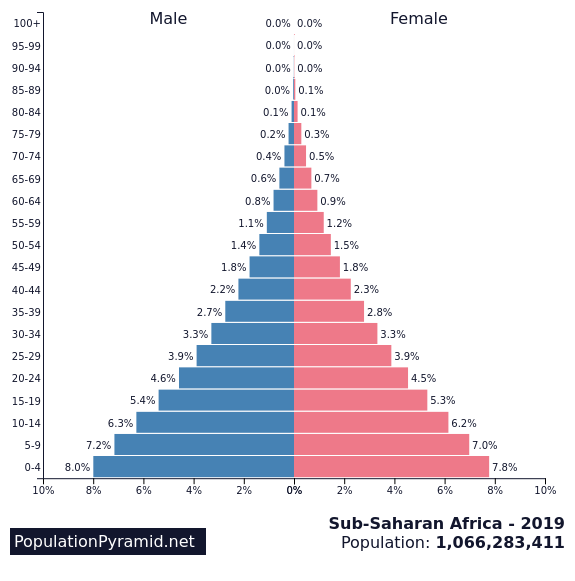The world population reached 1 billion in 1804. After more than two centuries, the world population has grown to 8 billion, as announced by the United Nations in November of 2022. But, what impact will this have on our world?
Growth rates in different populations are varying. Interestingly, poorer countries have had an increase in growth rates, especially in Sub-Saharan Africa. This causes major issues as useful resources that are hard to come by in those regions are needed more than ever. Other regions have their growth rate expected to slow down in the upcoming years according to The New York Times. Populations in China and the United States have had slower growth rates. Although the rise and fall of these growth rates are concerning, the world is still forever expanding. Because of this, some people want to take action.
Issues
Reaching 8 billion may seem to be an exciting milestone; however, having more people on the planet means more resources being used. Humans need certain requirements to live: good shelter, food, water, and education. Humans can’t survive without these. In order to fulfill these requirements, people need to use more resources. The problem is that poorer countries who need these resources don’t have the money to do so. Because of this, they can’t have a sustainable lifestyle. Even if the population is growing in places like China and the United States, they will always have the money to accommodate it. Places like Sub-Saharan Africa have an estimated 1.17 billion people. If the area can’t get these requirements, the population will suffer.

Despite the world population having reached a peak of 8 billion people, the global population is actually growing at its slowest rate since 1950, and “World Population Prospects 2022 also states that fertility has fallen markedly in recent decades for many countries.” UN Secretary-General António Guterres stated that this population milestone is an opportunity to “marvel at advancements in health that have extended lifespans and dramatically reduced maternal and child mortality rates.” Therefore, it is increasing lifespans that is most responsible for our population increase, not birthrate.
“The latest projections by the United Nations suggest that the world’s population could grow to around 8.5 billion in 2030 and 9.7 billion in 2050. It is projected to reach a peak of around 10.4 billion people during the 2080s and to remain at that level until 2100.”
Solution
In order for areas like Sub-Saharan Africa to accommodate the growing population, they need to have a better education. More babies being born means more schools are needed. Having more educated people will lead to a more sustainable community. It is uncertain what the future holds as growth rates change over time. Hopefully, more resources will reach these poorer countries. Only time will tell.
Sources:
World Population Reaches 8 Billion
World Population Reaches 8 Billion, U.N. Says
Cover Image:
New York Sidewalks Are So Packed, Pedestrians Are Taking to the Streets
